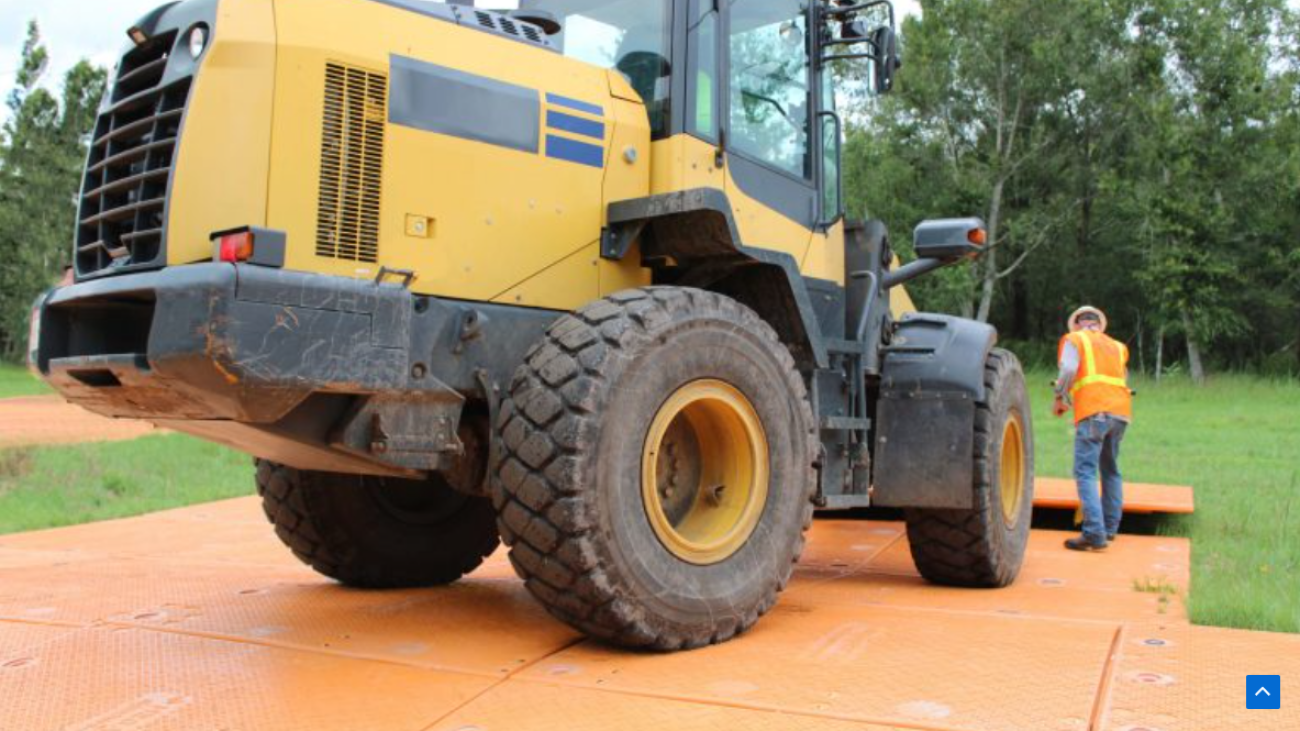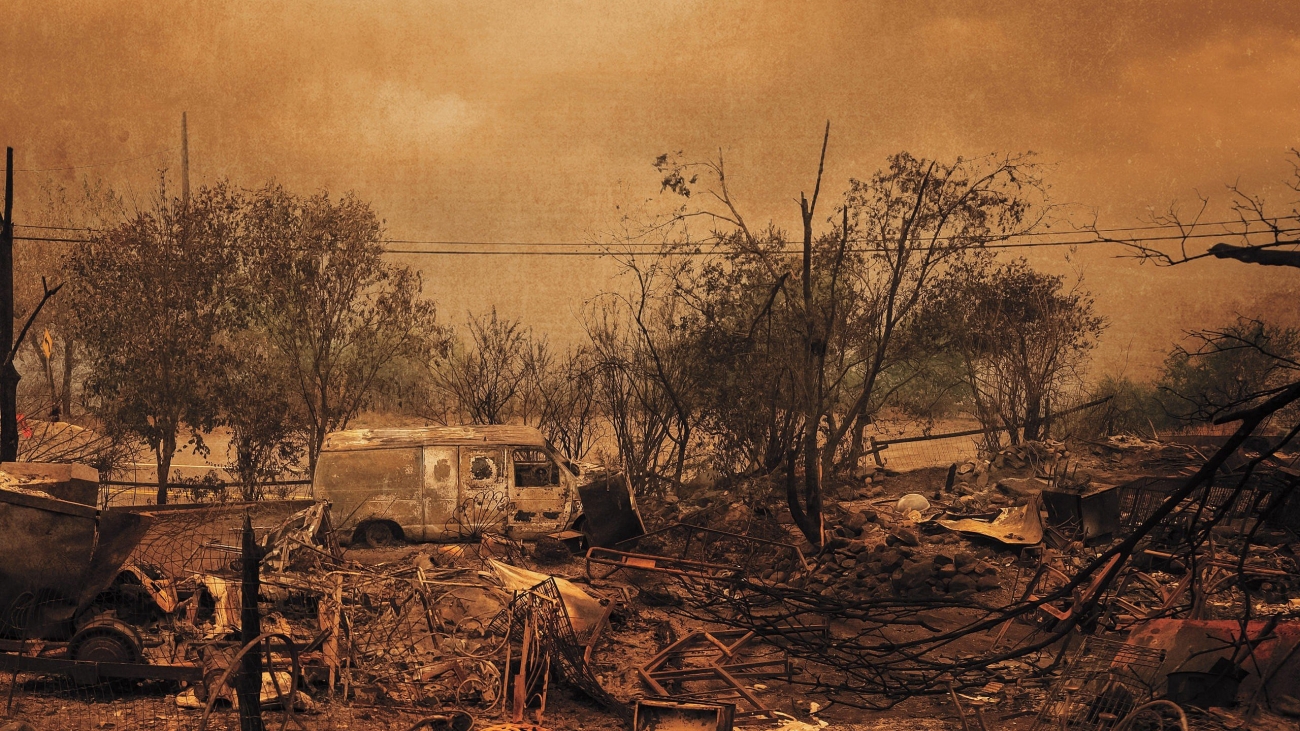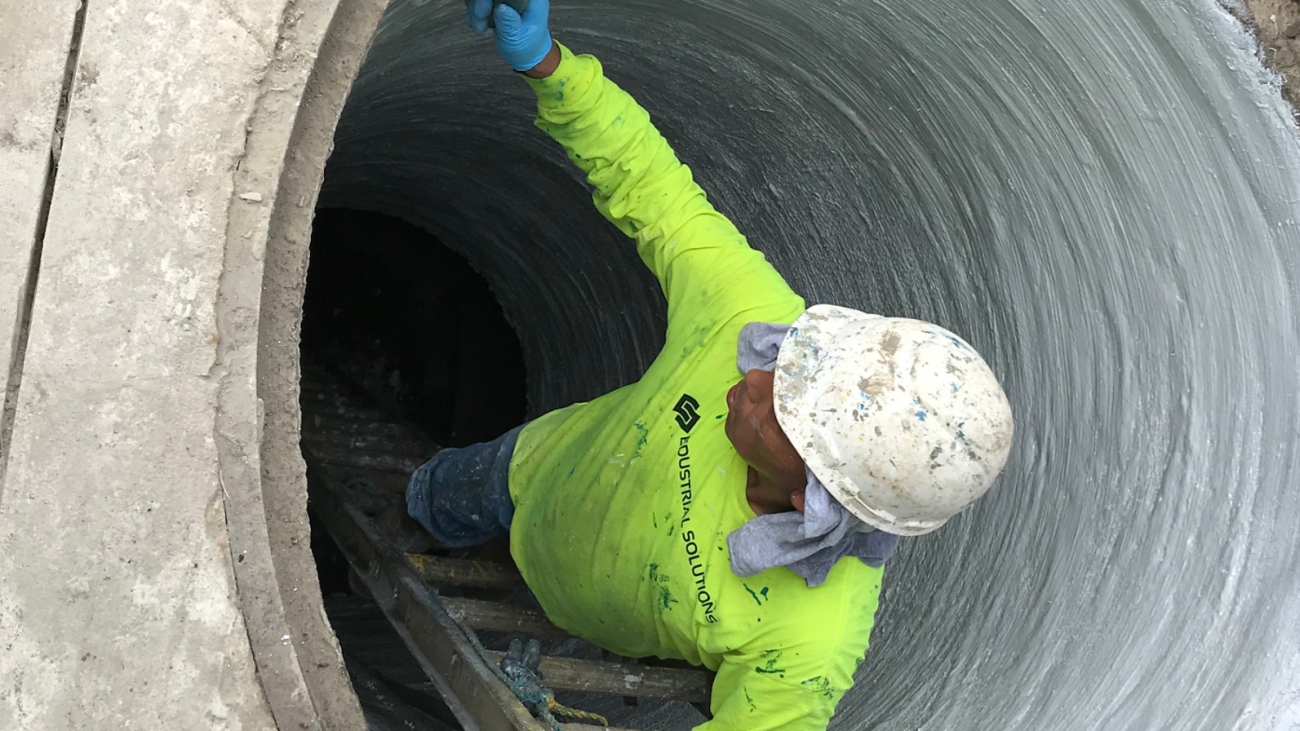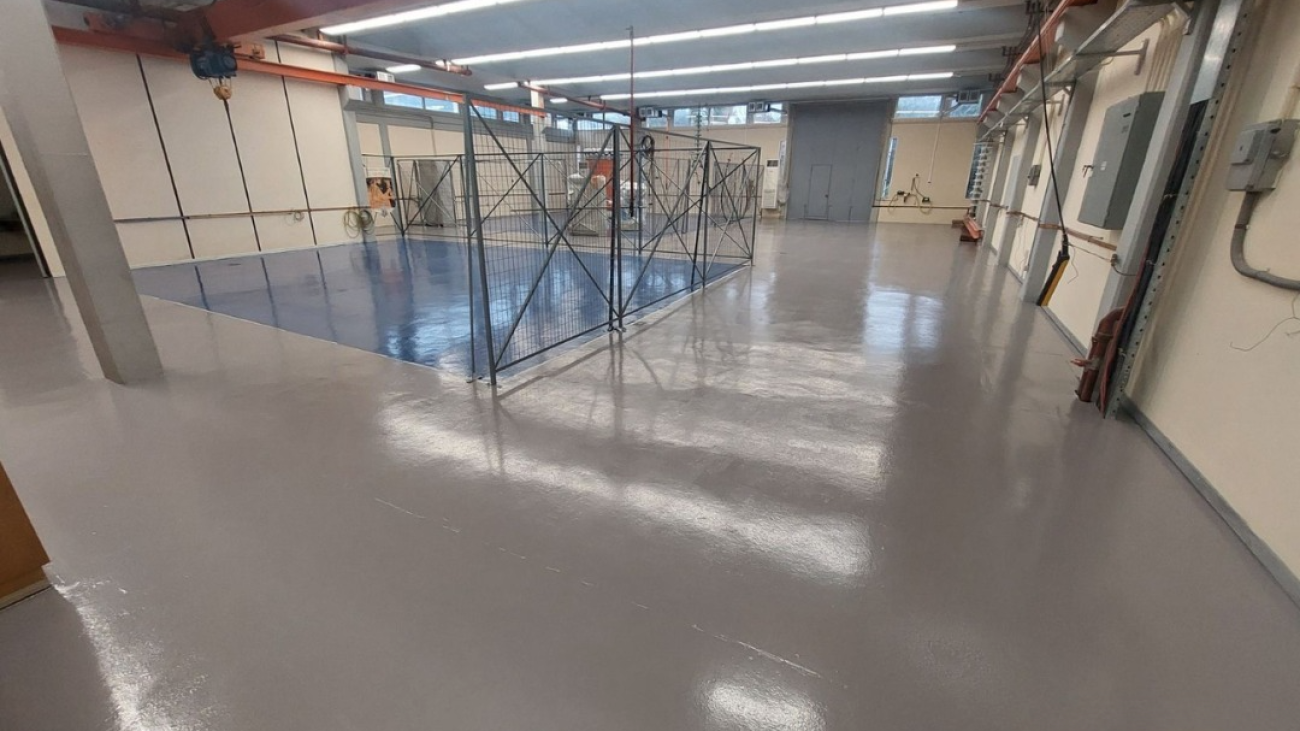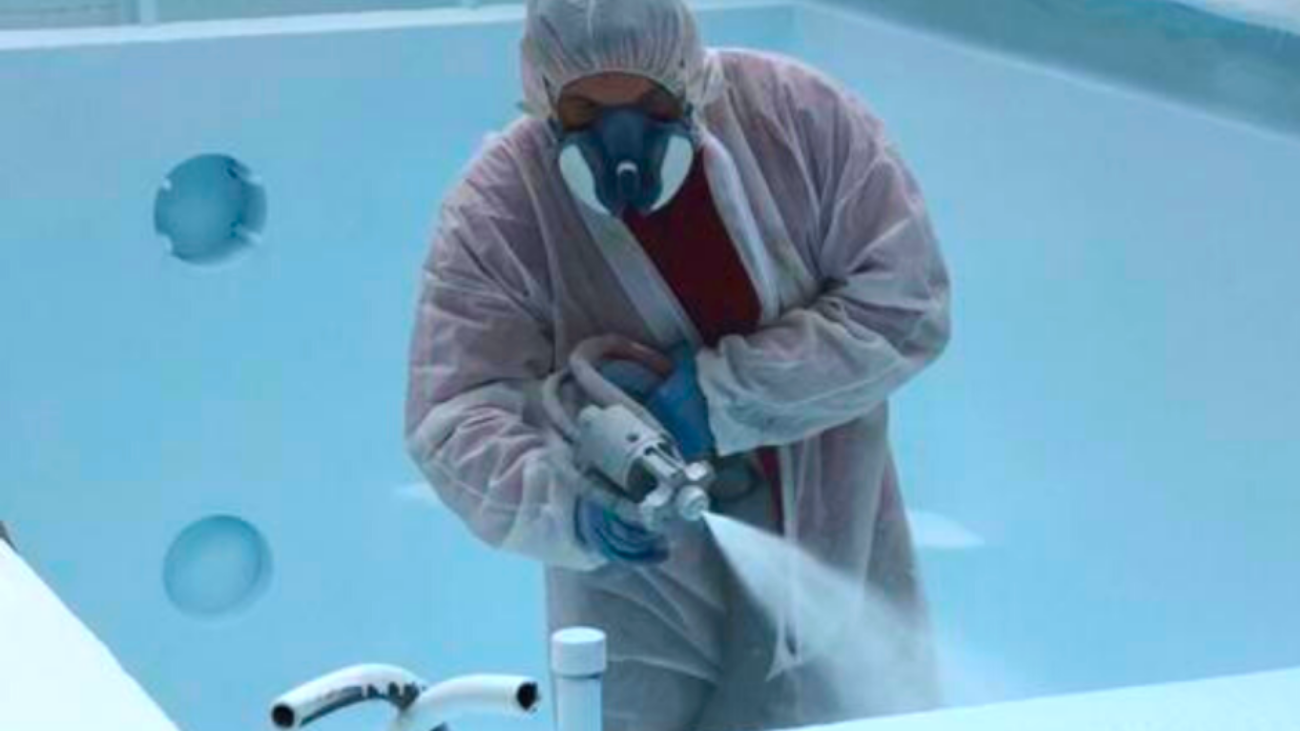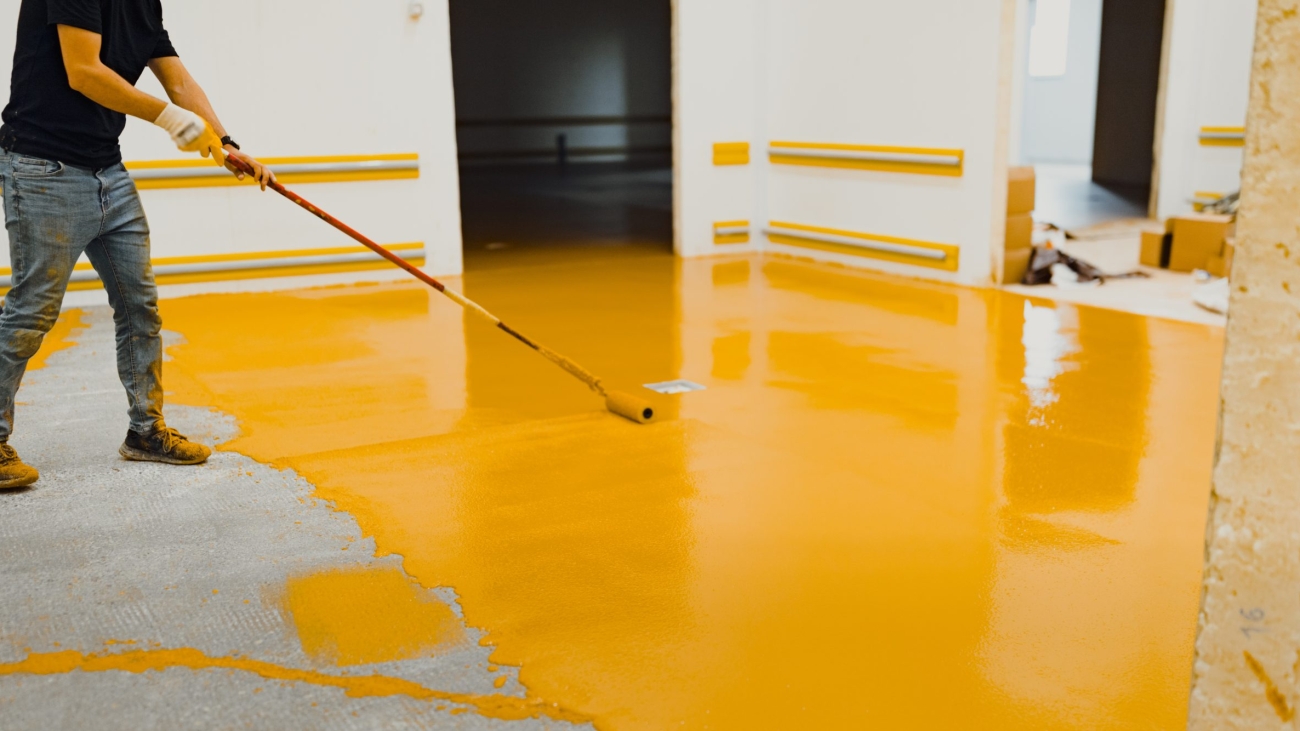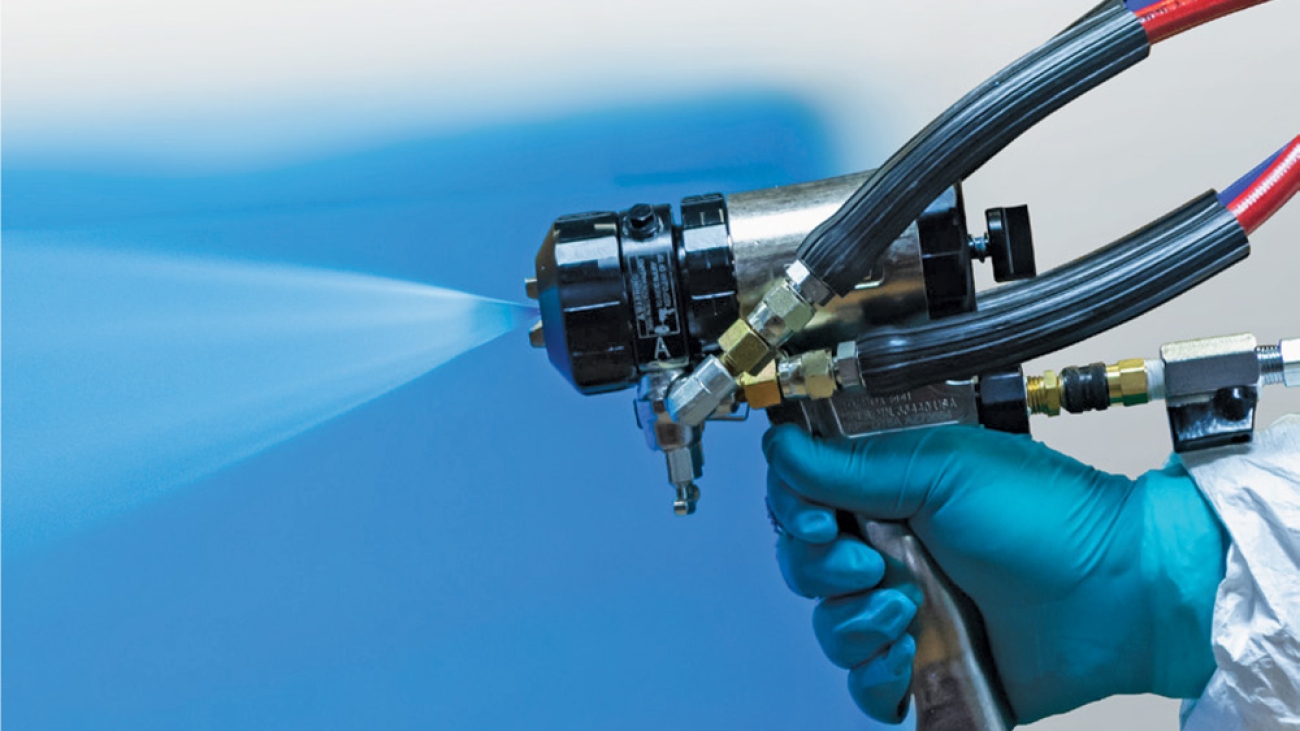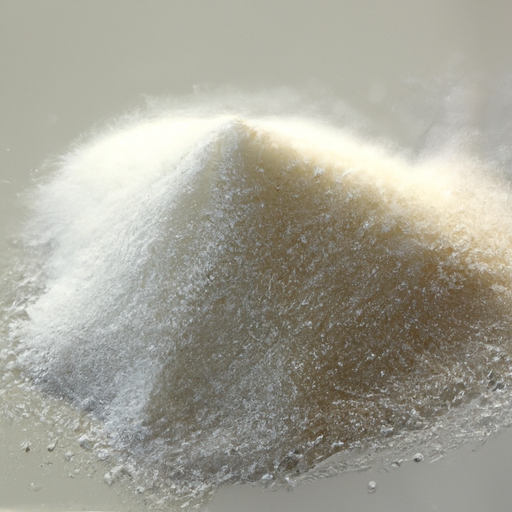Containment mats don’t get much attention until they fail. On a remote wellsite in northern Alberta or a transformer pad outside Sudbury, a cracked mat during a spill event turns a routine day into a regulatory headache. The mat was supposed to be the backstop, and when it doesn’t hold, everything downstream gets more expensive and more complicated.
Canadian operations face a particular set of challenges when it comes to spill containment. The temperature extremes alone are enough to destroy most conventional mat materials within a few seasons. Add in the chemical exposure, the rough handling, and the distances between sites — where replacing a failed mat isn’t a same-day fix — and the material selection becomes a lot more important than most procurement teams realize.
Polyurea has been gaining ground in the Canadian containment mat market for practical reasons. The chemistry handles what Canadian conditions throw at it, and the performance holds up across the kind of environments that chew through PVC and rubber alternatives.
What Canadian Containment Mats Actually Deal With
The conditions across Canadian industrial sites aren’t uniform, but they share a common thread — they’re hard on equipment and materials.
In northern Alberta and northeastern British Columbia, winter temperatures regularly drop below -40°C. A containment mat sitting on a frozen lease site has to remain flexible enough to unfold and deploy without cracking. PVC stiffens badly at those temperatures, and standard rubber compounds lose elasticity in ways that compromise the membrane’s integrity at fold points and seams.
Spring breakup brings a different problem. Mats that survived winter now sit in standing water and mud for weeks. Moisture trapped beneath a mat or pooled on its surface creates conditions that accelerate degradation in materials that aren’t designed for prolonged water exposure.
In the summer months, particularly across the prairies and into Ontario, UV exposure becomes the issue. Mats deployed on open pads or stored outdoors take constant sun, and UV degradation weakens most coatings long before the damage is visible on the surface.
Then there’s the chemical side. Containment mats used around fuel storage, equipment maintenance, or chemical transfer points are exposed to diesel, hydraulic fluid, glycol, and a range of production chemicals depending on the operation. A mat that swells, softens, or breaks down on contact with those fluids isn’t providing containment — it’s providing the appearance of containment, which is arguably worse.
Why Polyurea Holds Up in These Conditions
Polyurea brings a set of material properties that line up directly with the demands Canadian containment applications place on a mat.
Low-temperature flexibility. This is the big one for Canadian operations. Pure polyurea systems maintain flexibility well below -40°C, which means the mat can be folded, transported, and deployed in the dead of a Fort McMurray winter without cracking at the fold lines. Most PVC products can’t make that claim with a straight face.
Elongation. Polyurea systems typically achieve 400% or more elongation, meaning the material stretches and recovers without tearing. For a mat that gets folded, rolled, dragged across gravel, and repositioned repeatedly throughout its service life, that flexibility is critical to long-term survival.
Tear resistance. A puncture in a polyurea-coated containment mat doesn’t propagate the way it does in PVC or thermoplastic alternatives. The material resists tearing even when a sharp edge or dropped tool creates an initial breach point. On remote sites where a replacement mat might be days away, that resistance to catastrophic failure matters.
Chemical resistance. Polyurea resists a broad spectrum of hydrocarbons, acids, and caustic materials. For mats deployed around wellheads, compressor stations, fuel depots, and maintenance bays, the chemical resistance profile covers the fluids most commonly encountered across Canadian oil and gas, mining, and utility operations.
UV stability. Aliphatic polyurea formulations maintain their surface integrity and mechanical properties under prolonged UV exposure. For mats that spend months outdoors on open lease sites across Saskatchewan or southern Alberta, that UV resistance extends the usable service life significantly compared to materials that chalk and weaken after a season or two in direct sun.
Application and Construction
Most polyurea containment mats are built on a woven fabric or geotextile substrate. The polyurea coating is spray-applied using plural-component proportioning equipment, typically running at elevated pressures and temperatures to ensure proper mixing and adhesion.
The spray application process allows for variable coating thickness across the mat. Manufacturers can build up material at high-stress areas — corners, fold lines, seams, and grommet points — without adding unnecessary weight to the rest of the mat. That targeted reinforcement addresses the specific failure points that knock most conventional mats out of service.
Seam treatment is another area where polyurea adds value to the construction. Welded seams on containment mats have always been the most vulnerable point in the assembly. Applying polyurea over those seams adds both chemical resistance and flexibility to the joint, which reduces the likelihood of seam failure under stress or chemical exposure.
Surface preparation on the base fabric determines how well the polyurea bonds to the substrate. Proper adhesion is the foundation of the entire system — if the coating delaminates, the material properties become irrelevant. Reputable manufacturers use primer systems or mechanical bonding techniques to ensure long-term adhesion between layers.
Where Polyurea Containment Mats Are Being Used Across Canada
The applications span most of the country’s heavy industrial sectors, and the common thread is that the operating conditions demand more than basic materials can deliver.
Oil and gas. From the Montney formation in northeastern BC to the oil sands operations around Fort McMurray, polyurea containment mats are deployed under mobile equipment, around temporary fuel storage, beneath pipe racks, and at wellsite maintenance areas. The combination of extreme cold, chemical exposure, and remote locations makes material durability a priority.
Mining. Operations across Ontario, Quebec, and the territories use containment mats around fuel transfer points, chemical storage areas, and equipment maintenance bays. The abrasion and puncture resistance of polyurea holds up well in mining environments where gravel, rock, and heavy equipment are constant factors.
Utilities. Transformer oil containment is a regulatory requirement across Canadian provinces. Polyurea mats placed beneath transformers and switchgear resist the oils and fluids involved while surviving the freeze-thaw cycles that crack PVC alternatives over time.
Military and government. Canadian Forces operations and federal site remediation projects use portable containment mats for field refueling, equipment maintenance, and temporary containment during environmental work. Portability, durability, and chemical resistance are all baseline requirements in these deployments.
Regulatory Context in Canada
Spill containment requirements in Canada operate across federal and provincial jurisdictions. Environment and Climate Change Canada sets baseline standards, but provinces like Alberta, British Columbia, Saskatchewan, and Ontario each maintain their own regulatory frameworks for spill prevention and reporting.
Alberta’s Environmental Protection and Enhancement Act, for example, requires containment measures around stored chemicals and fuels. British Columbia’s Spill Reporting Regulation sets thresholds for reportable quantities across a range of substances. Ontario’s Environmental Protection Act carries its own containment and reporting obligations.
In all cases, the expectation is that containment systems actually work when they’re needed. A containment mat that fails during a spill event doesn’t just create an environmental problem — it creates a compliance problem. Regulatory bodies aren’t interested in what the mat was rated for on a product data sheet. They’re interested in whether it held when it mattered.
That’s the practical argument for investing in better containment materials. The cost of a polyurea mat is higher upfront than a PVC alternative, but the cost of a regulatory violation, a cleanup order, or an environmental remediation project dwarfs that difference entirely.
The Cost Equation for Canadian Operations
Polyurea containment mats carry a higher purchase price than commodity PVC products, and that’s a legitimate consideration for any procurement decision.
But the total cost of ownership shifts when you account for the replacement cycle. A PVC mat that cracks after two northern winters gets replaced. A polyurea mat that lasts five or six years in the same service doesn’t trigger that cycle. On remote sites where mobilization costs for any delivery are significant, reducing the frequency of mat replacement saves real money over time.
There’s also the disposal consideration. Failed containment mats that have been exposed to hydrocarbons or chemicals aren’t simple waste. Disposal requirements add cost and administrative burden every time a mat gets pulled from service. Fewer replacements means less disposal overhead.
For operations managing multiple sites across large geographic areas — which describes a significant portion of Canadian oil and gas, mining, and utility operations — the compounding effect of longer mat service life across dozens or hundreds of locations adds up to meaningful savings.
What to Ask When Evaluating a Polyurea Containment Mat
Not every mat carrying a polyurea label delivers the same level of performance. The formulation, the application process, and the substrate quality all affect the finished product.
When sourcing polyurea containment mats for Canadian use, ask about low-temperature performance specifically. Request data on flexibility and elongation at -40°C, not just at room temperature. A mat rated for impressive elongation at 23°C doesn’t help if it cracks on a January morning in Peace River.
Ask about the chemical resistance profile against the specific fluids your operation handles. Ask whether the polyurea system is aromatic or aliphatic, and understand how that distinction affects UV performance for your deployment conditions. Look at the seam construction and ask about coating thickness at fold points and high-stress areas.
Ask about field repair options as well. On remote Canadian sites, the ability to patch a mat on location rather than waiting for a replacement can make the difference between maintaining compliance and filing a spill report.
The Bottom Line
Canadian industrial operations put containment mats through conditions that most materials can’t survive for long. The temperature extremes, the chemical exposure, the UV load, and the physical abuse of constant deployment and redeployment on rough terrain — these aren’t edge cases. They’re the baseline operating conditions across much of the country’s resource sector.
Polyurea handles those conditions because the chemistry was built for exactly this kind of punishment. The flexibility stays at forty below. The chemical resistance holds through years of hydrocarbon exposure. The tear resistance keeps a small puncture from becoming a full mat failure on a site that’s three hours from the nearest supply house.
Containment mats aren’t exciting, and they shouldn’t need to be. They just need to work when it counts, and polyurea gives them the best chance of doing exactly that across the full range of Canadian field conditions.

